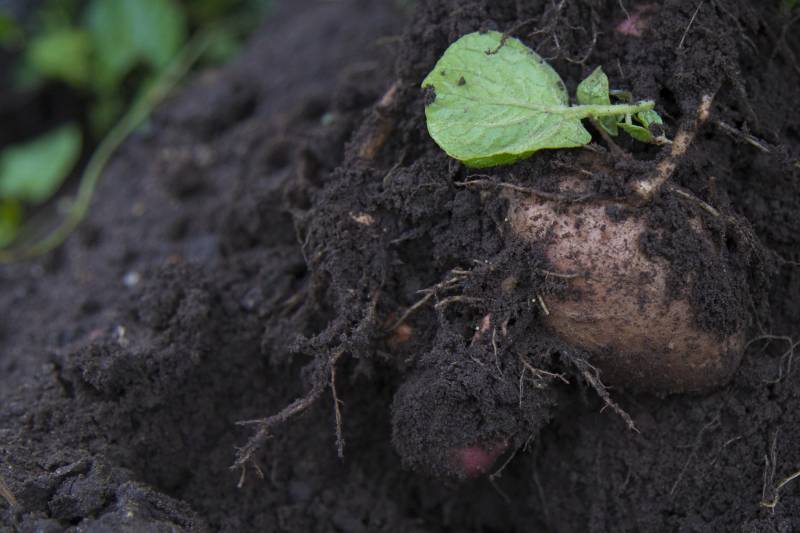
A major new project is seeking to tackle potato cyst nematode (PCN) in Scotland as researchers warn the pest is becoming an increasing challenge for growers.
The project will tackle pests in potatoes through the protection of clean land and the management of land already infested with pests.
Experts predict that if co-ordinated action is not taken now, Scotland’s bulb and potato industries may no longer be viable in the next 30 years due to the reduction in available non-infested land.
Potato cyst nematodes are microscopic worm-like pests that lie dormant inside mature cysts and then migrate into potato roots causing irreparable damage to the roots.
Each mature cyst can hold up to 600 eggs. Infested soils can contain several hundreds of eggs per gram of soil.
Unfortunately for potato growers, just five to ten eggs per gram of soil can lead to economic loss, overall estimated to be £26 million annually to the UK potato industry.
Leading the new project is Scotland’s Plant Health Centre (PHC), which has received £2.2m of Scottish government funding over five years.
The PHC chaired working group set up in 2020 identified a strategy to deal with PCN, with more than 50 industry, government and academic partners.
The group published a report outlining key recommendations, which the new project will now undertake.
Scotland's farming minister Mairi McAllan said: “This project is hugely important to the sector and the sector is hugely important to Scotland."
Archie Gibson of Agrico UK Ltd, who was key to bringing the PCN issue to the fore, said the project had been years in the making.
"Data gathered over subsequent years has shown the growing threat of PCN to the seed potato sector and a reduction in the availability of clean land," he explained.
"This project... is essential for the future economic sustainability of the potato seed industry.”
